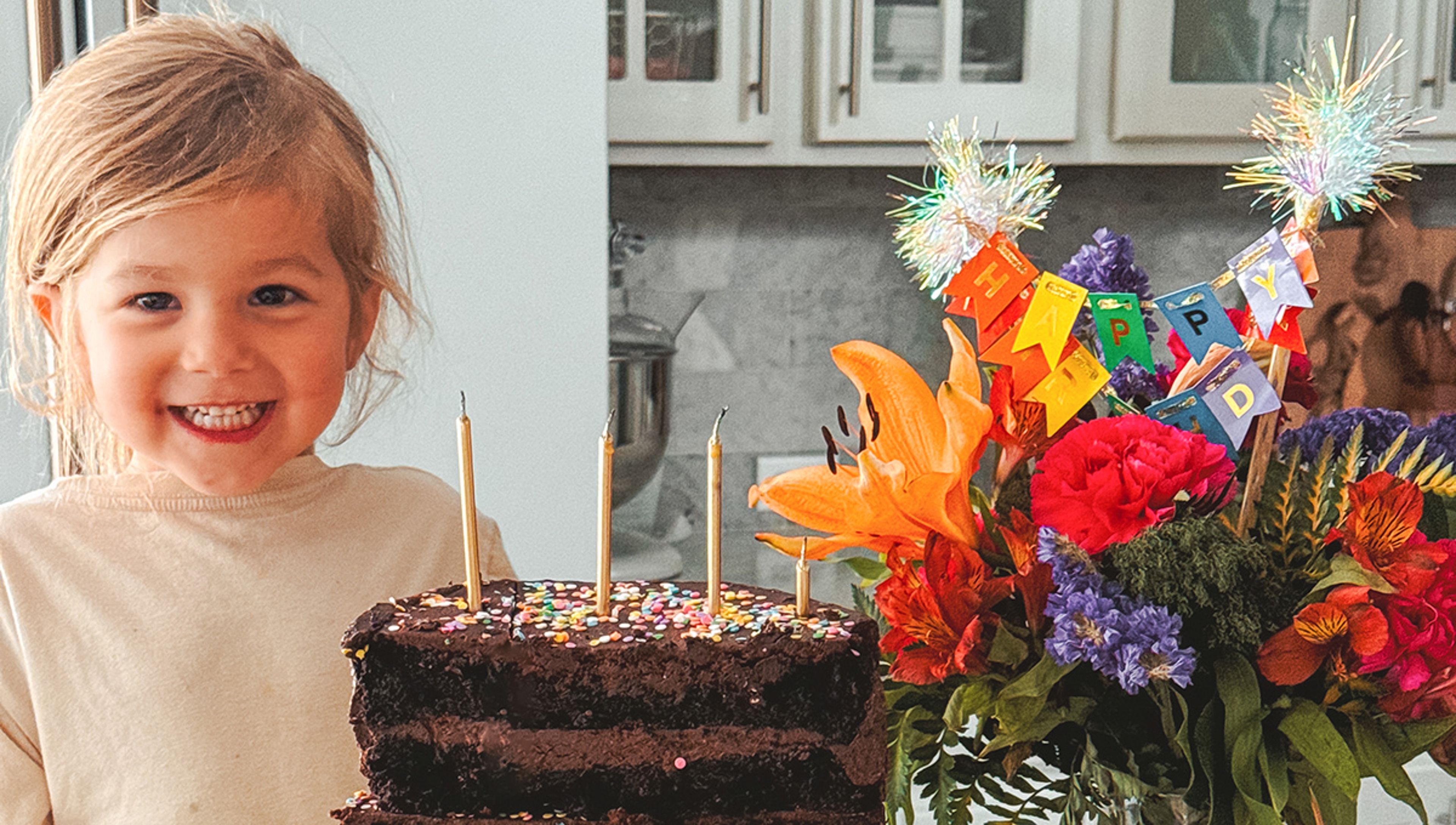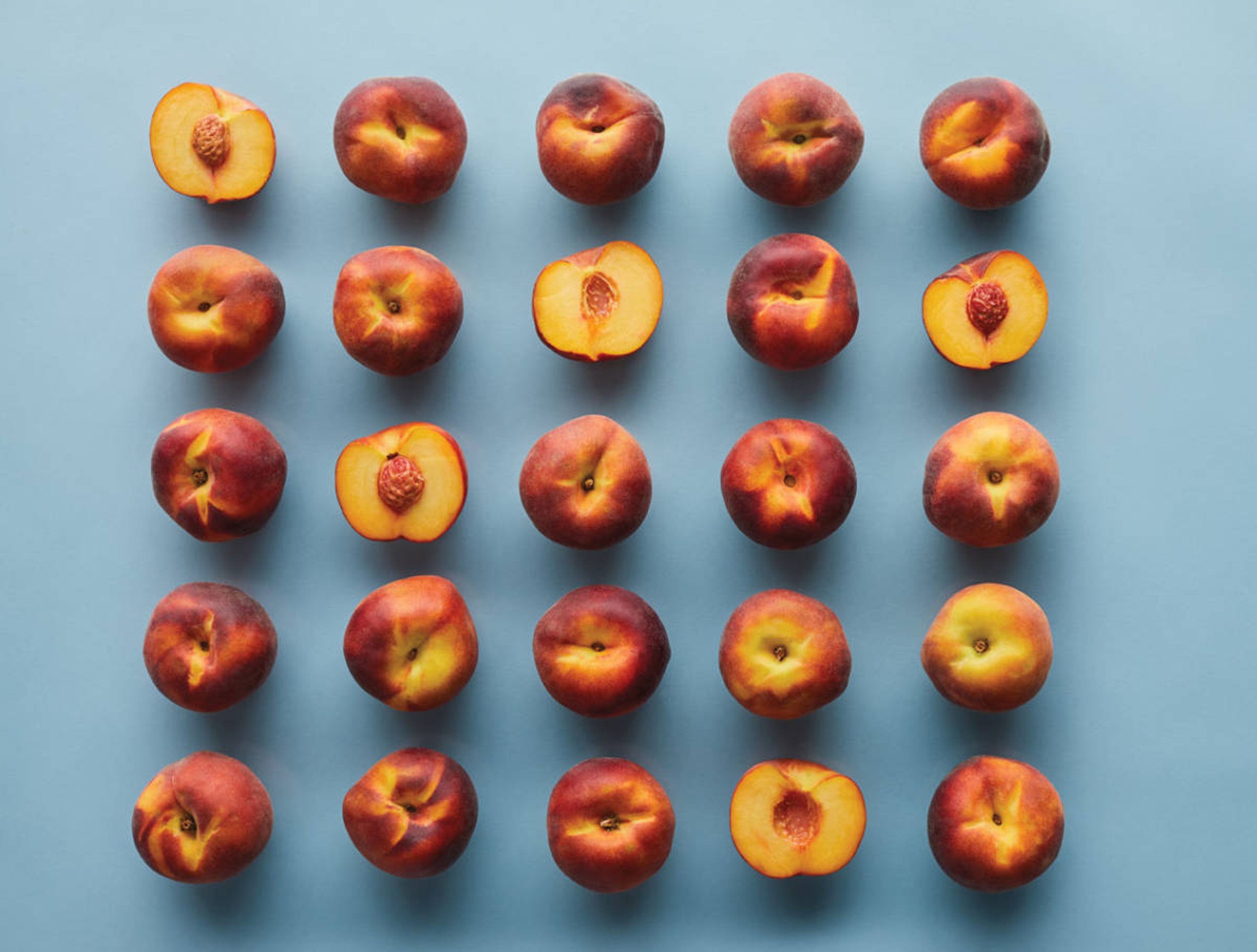The Psychology of Giving and the Importance of Mindful Gifts
Explore the psychology of giving and how thoughtful gifts benefit both giver and recipient.
May 16, 2022
Our series “A Gift for Gifting” walks you through how to show your generosity and thoughtfulness to all the special people in your life. This article on the psychology of giving explores how thoughtful gifts offer benefits for both giver and recipient, and ultimately for the entire community.
It goes without saying that we give gifts to show we care. But it's equally true that the gift fully serves that purpose only if it pleases the other person, and it will please them only if they find it meaningful.
“So, for example, even if you love French, don't give somebody a book of French poetry in French if they don't read French," says psychologist Ellen Langer.
A huge amount of hormonal activity goes on, both when we give and when we receive.
Mark Williams
Professor of cognitive neuroscience
Macquarie University
The gifts that best show you care make the recipient feel you know who they are, Langer explains. “That's why having a secretary send out gifts for you isn't generally met with glee because the secretary doesn't really know who your recipients are," says Langer, a professor at Harvard University.
The key to giving a good gift, she says, is knowing exactly why you are presenting that particular present to that particular person, ideally so that they also know and appreciate why you chose it. That way, you feel the reality of your own goodwill and generosity, and they feel they matter and deserved the thought you put into it.
Hormonal highs
When gift-giving works this dual magic, it can trigger a flood of hormones for happiness and intimacy, like the surge produced by giving birth.
“A huge amount of hormonal activity goes on, both when we give and when we receive," says Mark Williams, professor of cognitive neuroscience at Macquarie University in Australia.

The initial response in the gift recipient is a surge of dopamine, our happiness neurotransmitter. It surges in gift-givers as well when they see their giftee's happy response and feel their present was a success. This is especially true if you are there, fully part of the experience, when the recipient opens the present, Williams says.
The neurotransmitter serotonin, which helps us feel connected to others, also surges, as does oxytocin, the neurotransmitter that famously creates attachment and intimacy between parents and newborns. For them, physical touch plays a major role in triggering oxytocin, but in gifter and giftee, it's more a metaphorical sense of “being touched" by one another thanks to a thoughtful present.
“When this neurotransmitter gets released, it opens us up and makes us more willing to share a bond with someone," says Williams.
Humans are social animals, and for millions of years, notes Williams, we've relied on connections with one another to survive and thrive. “A huge amount of our brain is dedicated to these connections," he says. “Gifting is a big part of that. When all these really important neurotransmitters are released, it makes both givers and receivers feel these connections."

Strengthening the bonds
In fact, an especially thoughtful can create a more or less permanent bond between two people, says So Yon Rim, Ph.D., an associate professor of psychology at William Paterson University in Wayne, New Jersey. However, a thoughtless or inappropriate gift may have the opposite effect.
“I see the role of gifting to be quite significant in establishing interpersonal closeness," says Rim. “Gifts that are appropriate and well-received can affirm and strengthen the relationship, while a gift which seems thoughtless or inappropriate can weaken the relationship. In the worst-case scenario, it can even sever the relationship."
Givers tend to focus on the 'wow factor,' the excitement of opening a gift. But that's often not the main thing the recipient is looking for. Often, it's the practicality of use.
So Yon Rim
Psychology professor
William Paterson University
Appropriateness, she explains, is a key factor behind the success of a gift; the most expensive, spectacular present is certainly not always the answer. Obviously, a gift that seems too little or insignificant can make someone feel unappreciated and resentful, but if it's too much for the state of the relationship, it can feel completely awkward.
In either case, it can weaken the relationship.
Rim's research has also found some surprising truths comparing high-quality gifts vs. convenient, practical gifts. Past research, she says, found that givers typically chose quality over convenience; however, her work shows that recipients really put a higher premium on convenience.
“Givers tend to focus on the 'wow factor,' the excitement of opening a high-quality gift. But that's often not the main thing the recipient is looking for. Often, it's the practicality of use. For example, when you get a gift card to a restaurant that's moderately rated but just 5 to 15 minutes from your house, it tends to make you feel closer to the giver than if you received a gift card to a five-star restaurant an hour away from you."
This may show the recipient that the giver knows and appreciates her situation – perhaps she has two little children, and taking a long drive with the kids to a fancy restaurant is untenable, whereas a quick trip to a simple, nearby restaurant where kids can be kids is far more practical and satisfying.
“Our data show that this is especially true when the giver is able to communicate why they chose the gift they did, something like “I hope you really like this gift, because I thought about it, and I wanted to get you something that would be convenient and easy for you and the kids."
Never be ashamed to explain why you got the gift you did; it only shows you put special thought into it, based on who your recipient is and what her life situation is.
Moving beyond obligation
Of course, all of us have situations where we may feel obligated to give someone a gift, such as when we're named the “Secret Santa" for someone in an office setting. But thoughtfulness is still key. Otherwise, says professor Langer, you waste an opportunity because a perfunctory gift that lacks any joyful thought behind it establishes no real connection between you; it could even strain relations between you.

So if you don't know the recipient well, find out from someone in the office who does know them well what their interests are.
“All ceremonies run the risk of being enacted mindlessly," explains Langer. “When we give gifts because we feel an obligation, it takes away from the giving enormously. We cheat ourselves when we do this, and we build up resentments. Instead, we have to keep in mind that giving is an act of kindness; it's a chance for me to do something nice for you."
Gifting for a better society
Langer believes that gifting plays a key role in society through the phenomenon of “paying it forward." When someone gets a thoughtful gift, she says, they're more likely to give someone else a thoughtful gift, and so on. Eventually, many people "downstream" may find themselves happier because of one person's care and kindness.
“Each year, I visit a city in Mexico called Puerto Vallarta, where everyone you pass is smiling, and they say good morning, good afternoon, and they ask you how you are. They all seem happy and connected, and it just makes you feel better about everything. You go to the store, and you're kinder to the salesperson, and she's kinder to the next person. I think gifting has that effect on people. When you give people the gift of your best self, good feelings just spread."

For professor Williams, gifts are a fundamental building block in group development.
“I give you a gift, and we become friends. And you give someone else a gift, and you become friends. Then I become friends with that person through you, we exchange gifts, and so on and so on, and it creates a larger group we're all connected to, and we all work together to do positive things," he says.
"We know that socialization, having a group of friends, is better at treating anxiety and depression than any drug in the world. And gifting is one of the fastest routes to socialization that there is."







